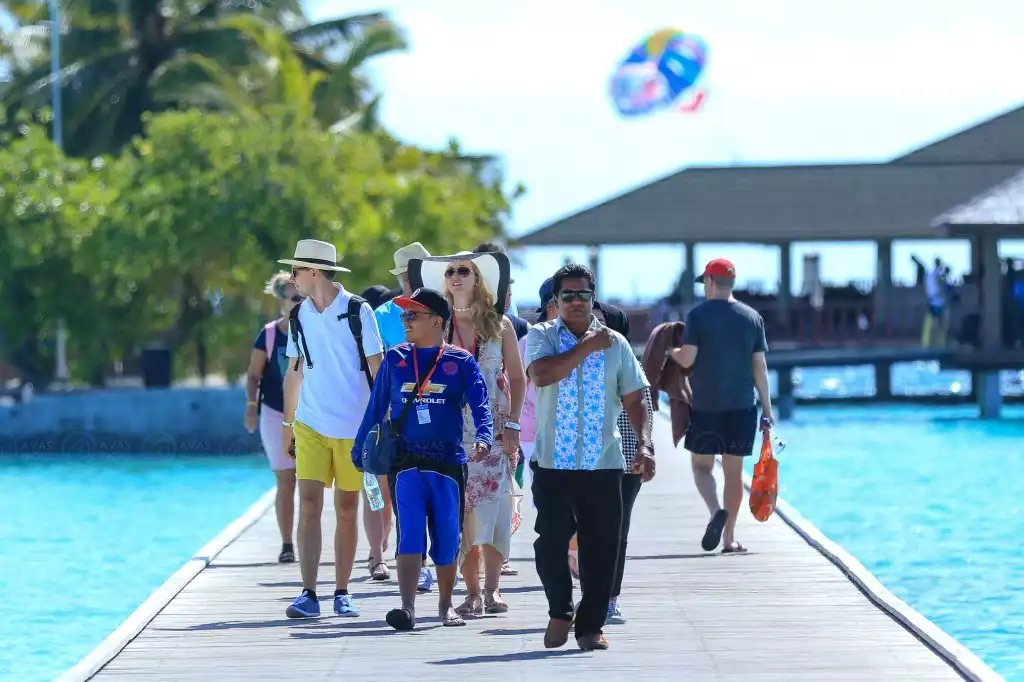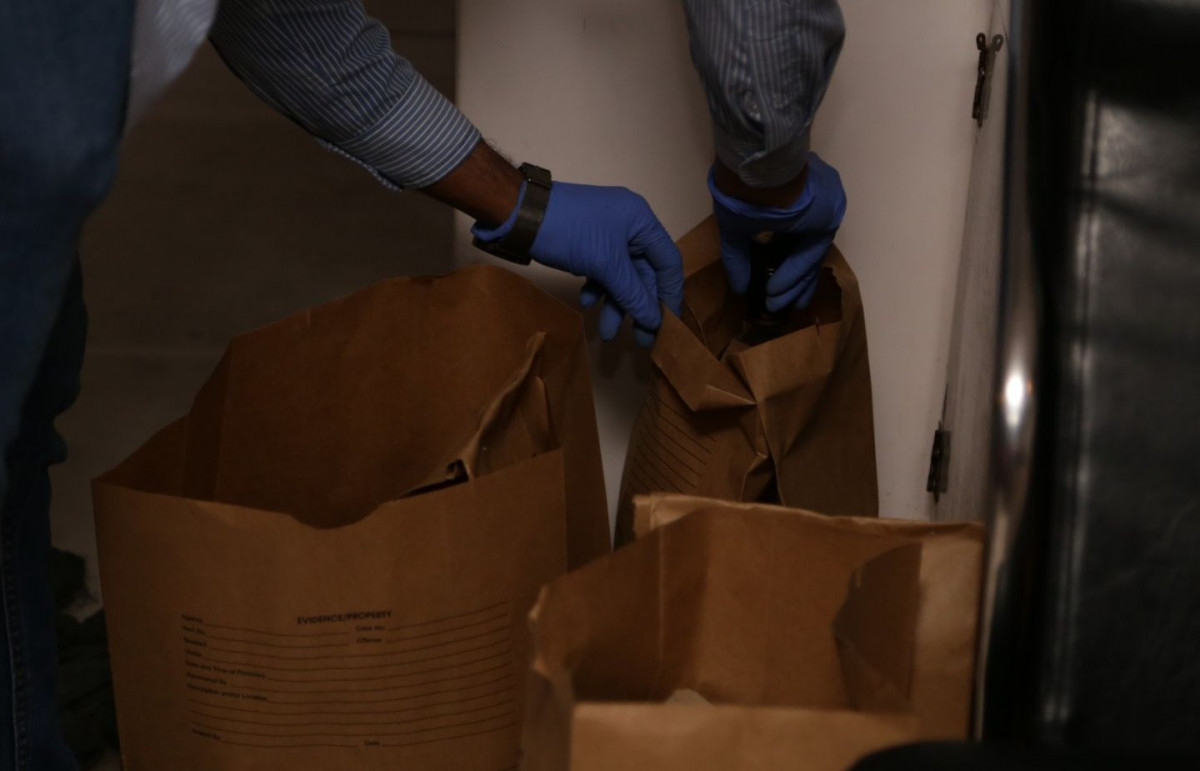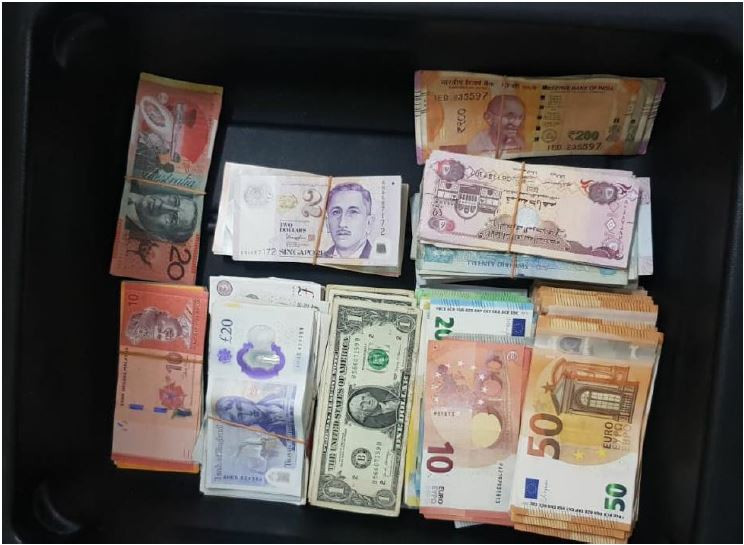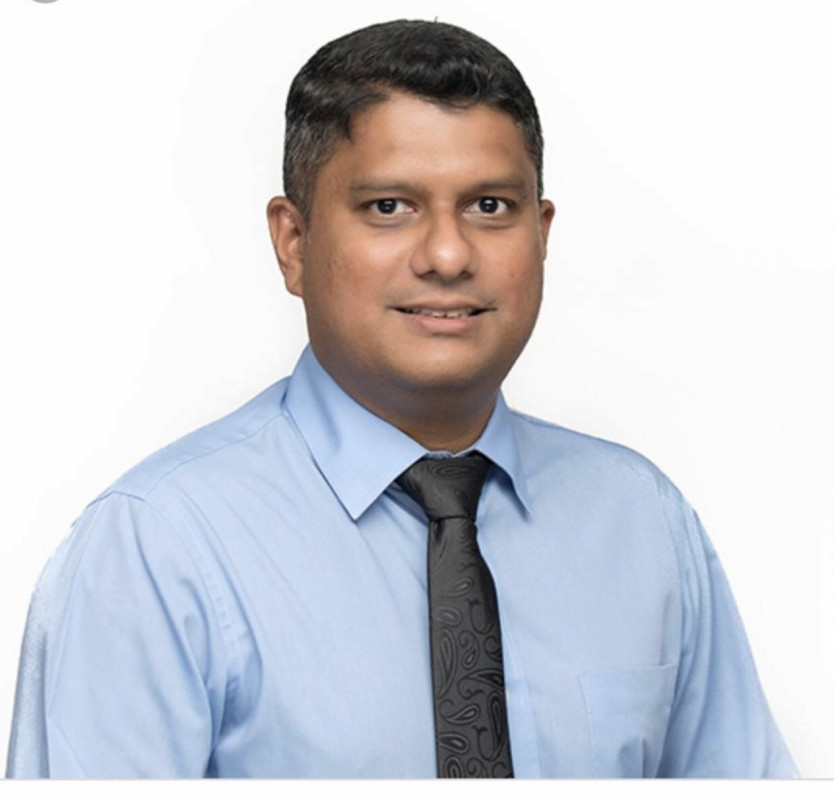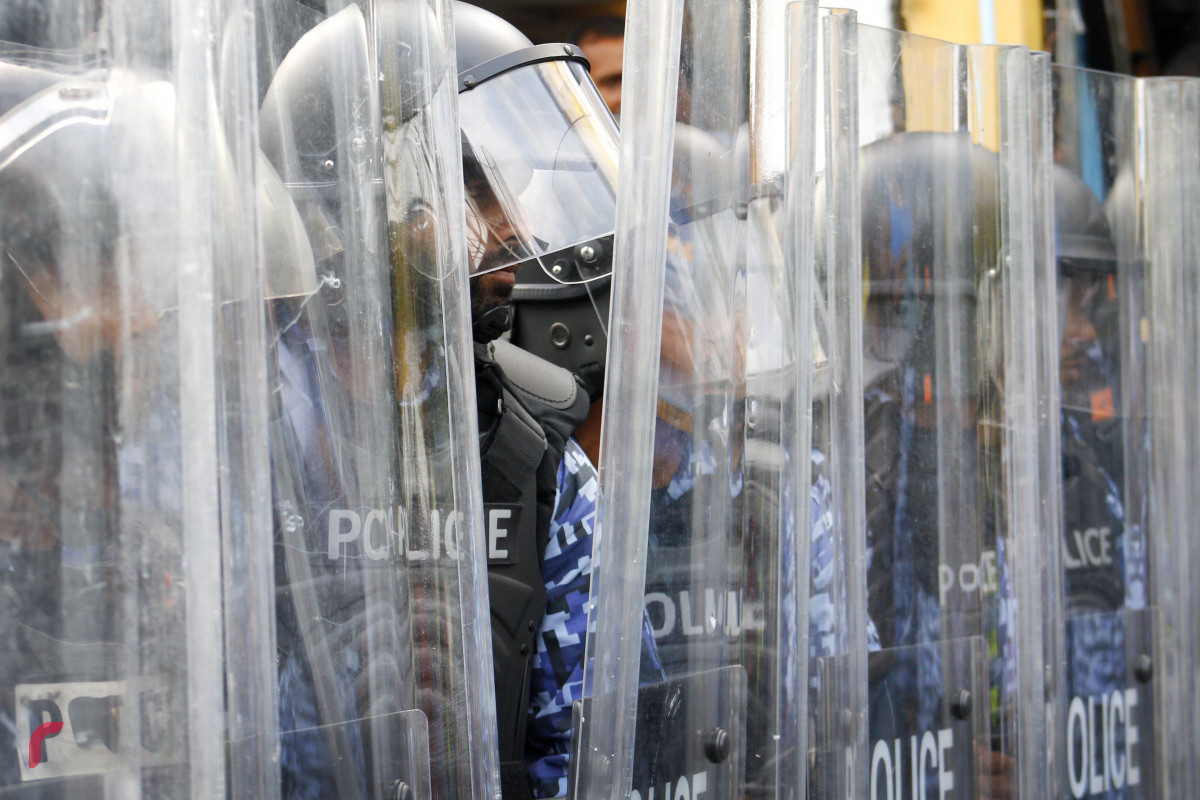The al-Sauds: religion, morals and money
Various transgressions committed by family is hidden behind Islam, influence from oil
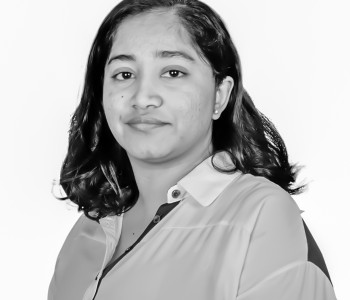

King Salman of Saudi Arabia, the Custodian of the two Holy Mosques
Pre-Saud Arabia
The house that is known as the Al-Saud’s came into being in the early half of the 20th century. The swath of land known as Saudi Arabia, was previously known as Hejaz. At the dawn of 20th century the land of Hejaz was part of the declining Ottoman Empire (also known as the Ottoman Hejaz), entirely comprised of warring tribes.
Political borders of the Arabian Peninsula in 1914.
In 1744, Muhammad bin Saud, founder of the dynasty, joined forces with the religious leader Muhammad ibn Abd al-Wahhab, to create the Al-Saud clan. This laid the building blocks of Al-Saud brand of rule and cemented the use of their specific doctrine and brand of Islam to justify their expansion. In the years that followed, the Sauds used the twin approach of marrying into other tribes and wars to consolidate their strong hold on the lands.
This became institutionalized in 1932, when at the heels of the eventual fall of the Ottoman Empire after the defeats at World War I, Abdulaziz Al Saud or Ibn Saud, created the nation of Saudi Arabia. On 23 September 1932, the land of Hejaz effectively ceased to exist, replaced by Kingdom of Saudi Arabia. With this came the custodianship of the two Holy Mosques in the land, the Kaabaa and the Masjid Al Nabawi.
The new Kingdom and discovery of black gold
The new Kingdom had scant resources, exacerbated by the harsh desert climate and the Bedouin lifestyle. All this changed five years after the Kingdom came into being when oil was discovered languishing under their lands.
Ibn Saud tied up with Americans, to create the Arabian American Oil Company (ARAMCO). At the start of the oil exploration phase, ARAMCO was controlled by the US. It was only in 1972, that the Saudi ownership of ARAMCO rose to 20 percent.
The influx of oil money changed the nation’s landscape. The nation became a thriving one, a cosmopolitan hub in the desert. With Saudi Arabia realizing their influence over oil, they sought out to take over ARAMCO, which they finally succeeded in 1980. Al Jazeera carried out extensive research on the relationship between Saudi Arabia and the oil industry.
The hypocrisy of the Al-Sauds
With the West’s increasing reliance on Saudi oil, Saudi Arabian attitude towards the west was simply buy our oil, do not meddle with our internal affairs. This continued throughout decades, even throughout the numerous civil and sectarian conflicts that occurred in neighboring countries. For years the various human rights abuses perpetrated by the Saudi royal family remained hidden.
The abuses began to come into light with the expansion of press in the West, liberal human rights views and the works of organizations such as Wikileaks. The Wikileaks documentation clearly shows that the draconian Saudi laws imposed only was applicable to the public. The men of the royal family had easy access to alcohol and drugs, things that if found on a woman of the royal family or a common person, will be punishable by death. The men of the royal family celebrated Western holidays like the Halloween, under the protection of the religious police. It is no secret that the family has controlling stakes in casinos in operation in areas such as Las Vegas.
Princess Misha'el bint Fahd bin Mohammed Al Saud was murdered in her early 20's for adultery, a crime that goes unpunished for most men of the royal household
Several boxes emblazoned with the Saudi official logo containing stocks of amphetamines seized from the cargo of a Saudi prince in Beirut, Lebanon
Sub-human treatment of the staff at the royal household regularly make headlines on global press. Bribery claims were common accusations made against the family. While the royal family live in excess, the average Saudi is subject to austerity measures. The family is content to restrict Hajj to certain groups, like Iranians, clearly abusing the title of custodian of the two holy mosques. The family that claims to be the custodians of Islam and Muslims are content to be mere puppets of Western agendas (such as bombing Yemen). The family is blind to the plight of Muslims in areas like Yemen, Palestine and Syria, while cloistered in their billion dollar palaces.
All of these elements, which any Muslim who understands Islam and its deeper spiritual meaning, will argue that did not fit and were in direct contrast to Islam.
“Custodianship” of Islam
Read any account of the members of the Saudi royal family and their excesses will come to light. Maldives is no stranger to the visiting royals. During their visits, members of the royal family hire entire resorts and bar the staff of those resorts from leaving the respective resorts, for fears of leaks. Staffs of Conrad Rangali and similar five star properties graced by the royal family attest to the Saudi generosity.
The staff also attest to the various exclusive drinking parties held by the royals on these trips.
Fast forward to the annual Hajj season, Shura council meetings, and the Saudi royal family is a pretty picture of virtue.
Islam tells us that intention and intention translated to actions are what counts as Muslims. Secrecy, double standards and illegal dealings are not part of Islam and ethics preached and practiced in Islam.
Anyone who claims to be the “leader” of the Islamic world is held to a higher moral ground. Certainly not the ground held by much of the royal family. Having the custodianship of the two holy mosques certainly does not mean that the family is the leader of the Islamic world or Muslim faith.
If the royal family or any other party claims that the family and the King is the leader of Islamic world, he and they have to be accountable for the ills that face the Islamic world. However, I do not believe that either the King or the family have the guts to take on that responsibility.
